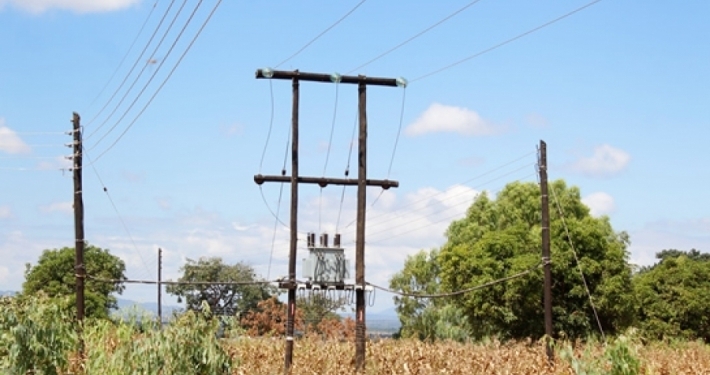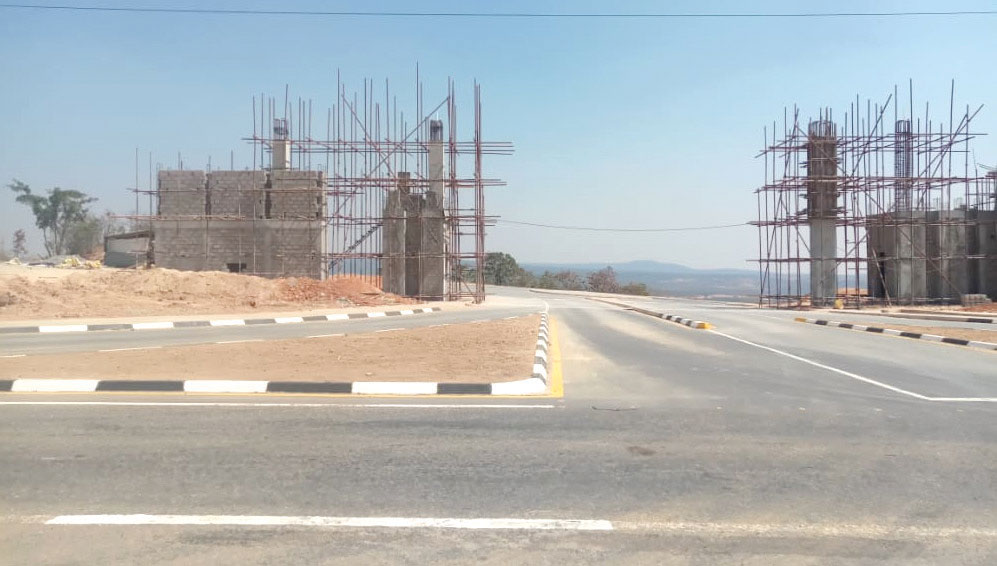A forensic audit of Malawi Rural Electrification Project (Marep) funds is set for next January.
The move, a first in over 20 years, follows allegations of mismanagement of funds and ‘staged audits’.
Rural electrification is the only hope to connect the poor to the national grid
The planned audit is also expected to scrutinise how project finances were managed in the previous years of Marep’s eight phases.
Annually, Marep collects about K25 billion from the Rural Electrification Fund (REF) to fund its activities.
Records at Malawi Energy Regulatory Authority (Mera) show that K52.6 billion was collected between 2019 and 2021, with K27.4 billion in levy collected between 2019 and 2020 while K25.2 billion was realised between 2020 and 2021.
In an interview with Nation on Sunday, Ministry of Energy Principal Secretary Alfonso Chikuni confirmed hearing of ‘internal and staged’ audits involving Marep funds, adding that he has asked for the services of the Auditor General as the first-step into the forensic audit exercise.
He indicated that the ministry intends to eventually engage a private auditor to do audits for the previous couple of years.
Said Chikuni: “I think the project management processes and systems can be improved for better value for money and timeliness. The value proposition of Marep is superb, but it has been impeded by inadequate planning and the implementation framework.”
Availability of electricity is key to development
He said depending on the Auditor General’s findings, a forensic audit will have to be conducted, adding that the AG’s assessment will help scope the terms of reference (ToRs) for the audit.
In June last year, the Anti–Corruption Bureau (ACB) stopped the ministry from awarding a multi-billion kwacha contract for the supply of materials for Marep Phase IX amid corruption allegations.
In September, ACB released its findings that the ministry flouted procurement procedures by inviting bids without involving the internal procurement and disposal committee (IPDC), contrary to Section 26 (2) (h) of the PPDA Act (2017) as read with Public Procurement Regulation (2020) 10 (1) (a).
The bureau also found that some support staff took part in the bid evaluation exercise, which is against rules of bid evaluation and that there was undue influence from some of the ministry’s senior officers to have certain bidders favoured.
In December, ACB arrested the Ministry of Energy director of energy Cassius Chiwambo, who is on interdiction facing abuse of office charges for allegedly influencing the evaluation team in the award of the contracts.
Section 184 of the Constitution and the Public Audit Act empower the Auditor General to audit government and all public financed institutions and report to the public through the National Assembly at least once a year.
National Audit Office (NAO) spokesperson Rabson Kagwamminga, in his response to our questionnaire on Marep audits, explained that Marep as a Treasury fund has been subject to audit by NAO annually and reports are issued to Marep with copies to the Secretary to the President and Cabinet (SPC), out Secretary to the Treasury, and the Accountant General.
He said: “There are two possible explanations for the absence of audit queries relating to Marep in the Auditor General’s reports for the years under review; either the findings arising from their audits were not material or the controlling officers promptly and satisfactorily addressed the queries at management report level.”
Marep’s objective is to increase access to electricity for people in peri-urban and rural areas as part of government’s effort to reduce poverty, transform rural economies, improve productivity and quality of social services, according to the Rural Electrification Act (2004).
Meanwhile, the Ministry of Energy has rolled-out a K20 billion Phase IX of Marep.
The ministry’s spokesperson Upile Kamoto said contracts for supply and delivery of construction materials were already awarded and materials are being delivered until January 2023.
She said the ministry will soon advertise tenders for construction contractors and expects them to be identified by the time of completion of delivery of materials.
Said Kamoto: “The procurement process for the materials had been initiated and concluded. The detailed designs of some medium voltage networks and the surveying of high voltage overhead lines. We also commenced the Wayleave Assessments for damaged property along the power lines and compensation of project affected persons in all the districts, which is almost complete.”
Implementation of the project, which was to run from October 2020 to April 2021 to connect 575 sites, was halted three times since June 2020 when the Tonse Alliance administration came to power.
On average, one site connects 60 households or units, meaning that from the 575 sites, the project was expected to connect about 34 500 households to electricity.
The project suffered its first hitch in July 2020 following a government stop order on all procurement contracts, to enable the new administration to carry out an audit of prospective contracts and ascertain their transparency and credibility.
But the validity period for the bids expired on March 16 2021, before the audit was concluded. This resulted in the Public Procurement and Disposal of Assets Authority director general to decline extending the bid validity period on June 7 2021 as the ministry had made the request outside the period.
Marep started in 1980 under Escom as the implementing agency through donor financing.
In 1995, the Government of Malawi took over implementation of the programme with the Department of Energy as the implementing agency. By the end of Phase VIII, the programme had connected 1 127 sites to the national grid. In the past 10 years, K80 billion has been invested in the programme.
The post Marep faces first forensic audit in 20yrs appeared first on The Nation Online.
 Moni Malawi
Moni Malawi 

